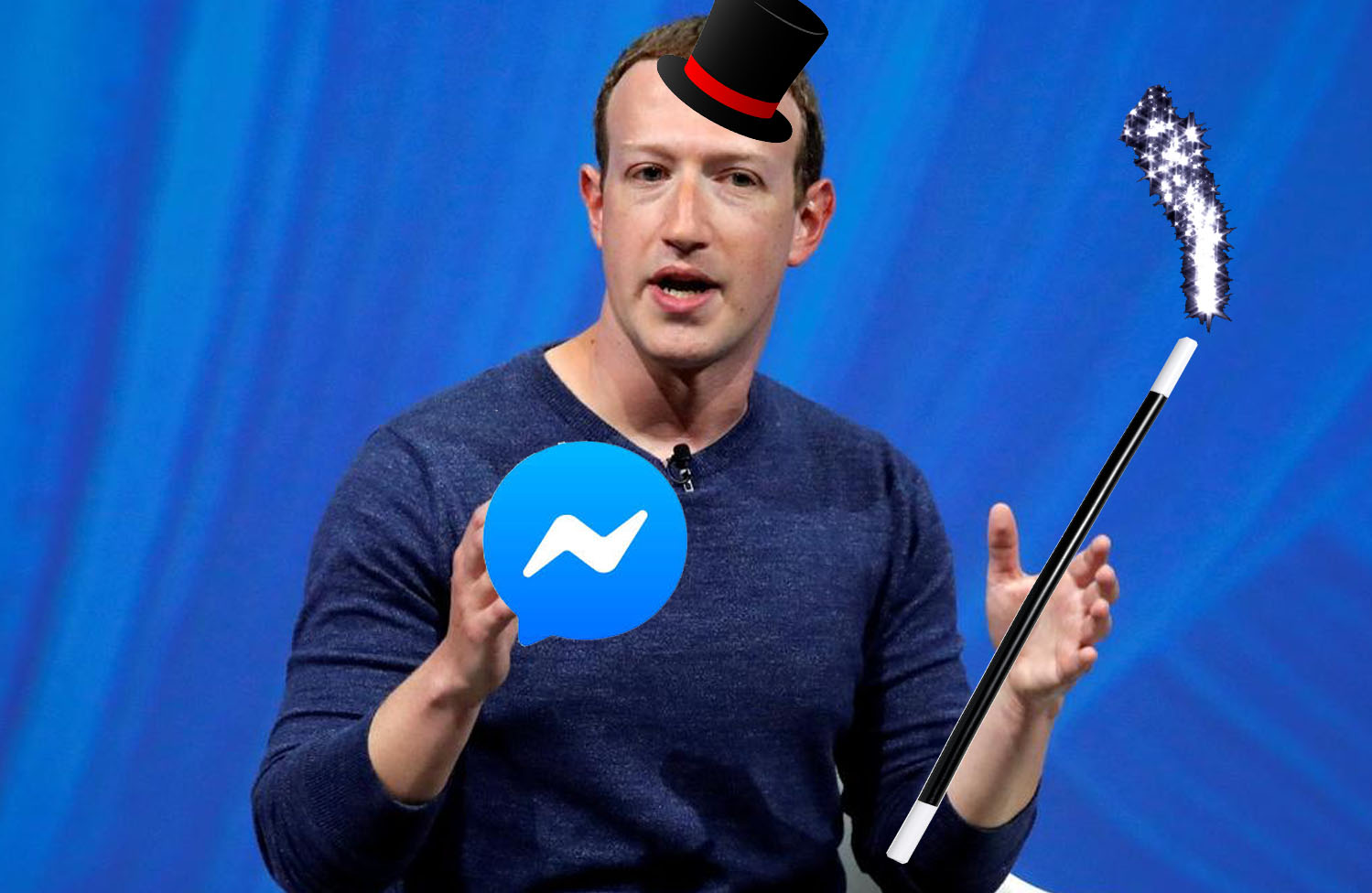If you’ve ever wanted to dazzle your friends with your extensive vocabulary, though I can’t imagine this being desirable quality, allow me to add one more phrase to your lexicon: prestidigitation. The word “prestidigitation” is an exceedingly long word which is represents a scenario when magic tricks are performed for the purpose of entertainment. In other words, you are a master of prestidigitation if you can shock a crowd with some sleight of hand.
When speaking about magicians, often times we are reminded of the idea of seeing something, and then, several moments later, not seeing that something any longer. This, herein, lies the reason that ordinary men and women are bewildered by magic tricks, and why magicians are able to make a modest living. When speaking about the tech industry, this idea comes up frequently when discussing social media platforms, but tech folk use the term ephemerality, which refers to the ability to exist for a short period of time.
Gambling on the fact that I’ve lost some of you in translation, allow me to explain. When Evan Spiegel created Snapchat (SNAP), the appeal was that one could send a photo, and later video clips, and any sent media would last for a few moments before disappearing forever. This new technology one of the first to give birth to the idea of ephemerality in a social context. Essentially, one could send a rather scandalous or ridiculous photo or video and rest assured that it would be gone in a matter of seconds. Like time, ephemerality is relative, and it is up to the platform creator to decide how long certain types of content remain alive.
In the case of apps like Instagram (FB), when someone posts to their “story,” these media bites last twenty-four hours before disappearing into the ether of the cosmos. In a recent blog post, Mark Zuckerberg, CEO and Founder of Facebook (FB), which also owns Instagram, spoke about how, for years now, Facebook and Instagram have existed as a digital equivalent to that of a “town square.”
He continued to explain that “people increasingly want to connect privately in the digital equivalent of the living room,” referring to the notion that some people choose to message friends privately, as opposed to in a Facebook (FB) group or on somewhere more public. Zuckerberg goes on to share that predicts privacy-based communications platforms will soon become all the more important, which is interesting given Facebook’s (FB) track record with data privacy-related issues.
According to a TechCrunch report released back in January, Facebook (FB) had been paying users ages 13 to 35 up to $20 per month plus referral fees in exchange for installing the iOS or Android “Facebook Research” app. While this may seem like a great way for a pretty wide age demographic to make some extra cheddar, “Facebook Research” is a VPN that the social media giant uses to siphon and analyze user phone activity to gather data on usage habits. Facebook (FB) admitted to TechCrunch that they’ve been paying “spy teens” since 2016 for their data activity, including going so far as to ask users to “screenshot their Amazon order history page.”
Zuckerberg even admits, in his blogpost, that if Facebook were to venture into a more ephemeral style for it platform, it could go poorly
“I understand that many people don’t think Facebook can or would even want to build this kind of privacy-focused platform — because frankly we don’t currently have a strong reputation for building privacy protection services, and we’ve historically focused on tools for more open sharing…but I believe the future of communication will increasingly shift to private, encrypted services..and we plan to build this the way we’ve developed WhatsApp and Facebook, including in private messages and stories..”
–Mark Zuckerberg, CEO and Founder, Facebook
It’s a bold strategy for Zuckerberg to suggest that Facebook (FB) take the steps necessary to make its platforms more secure, and ephemeral, especially at a time where data transparency is a primary concern for users across all social platforms.





